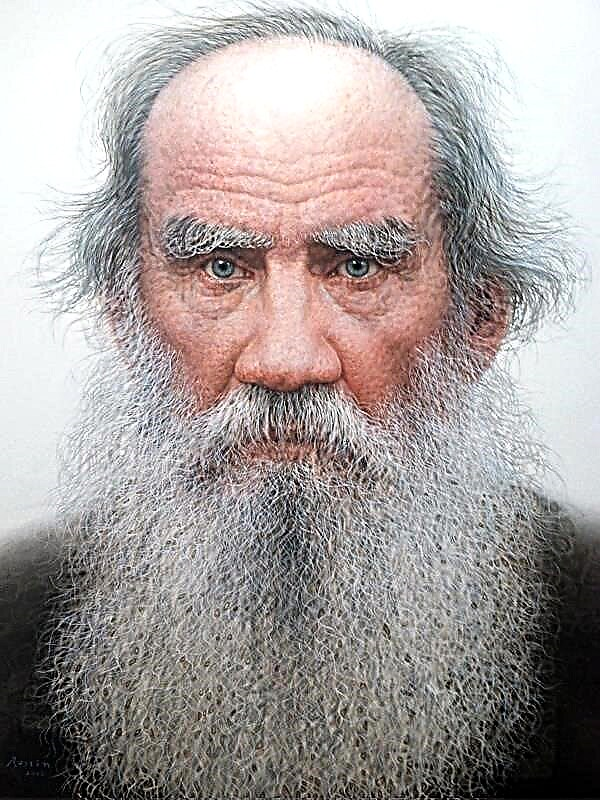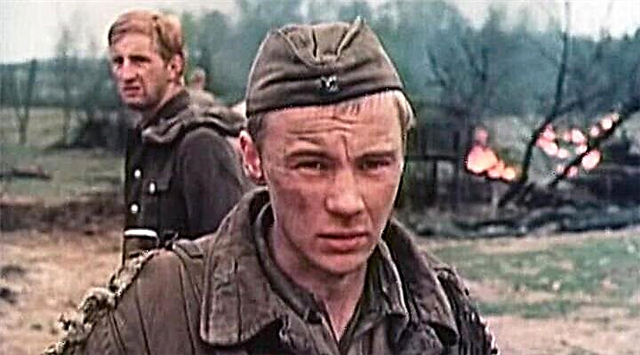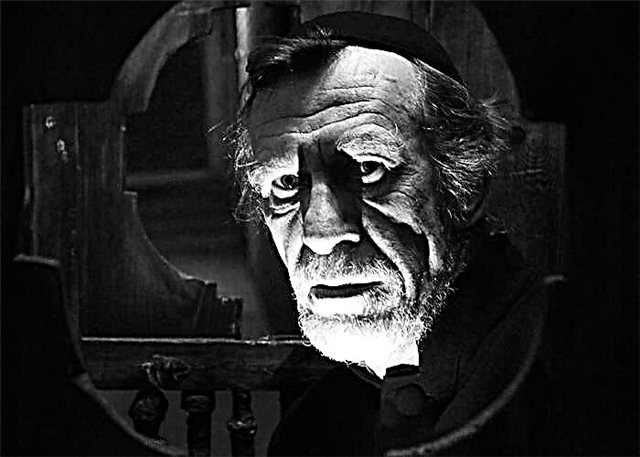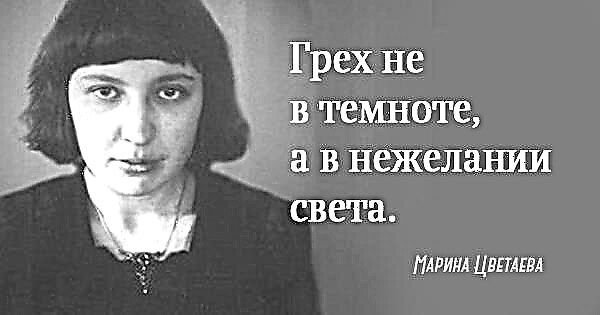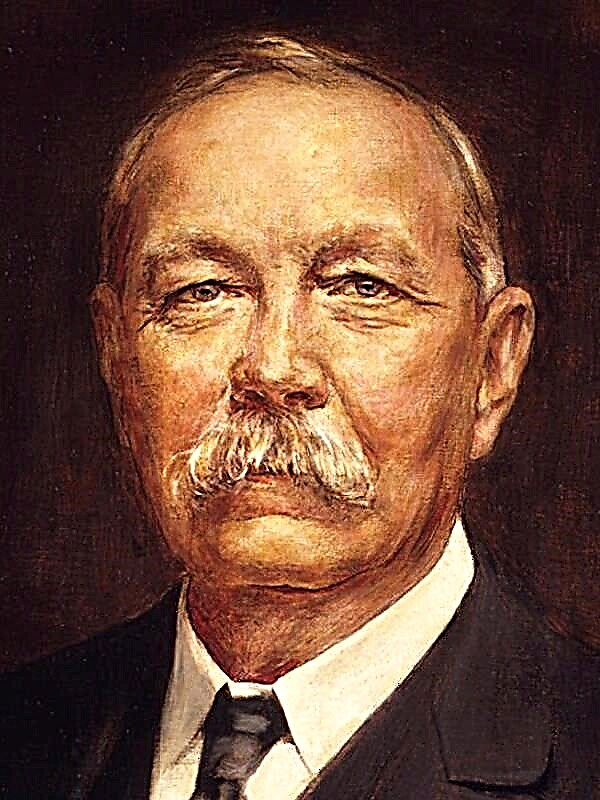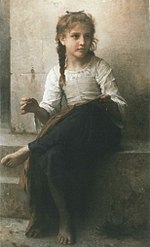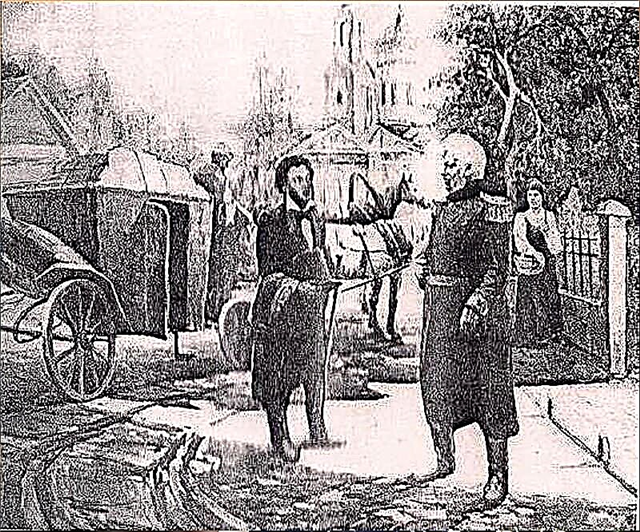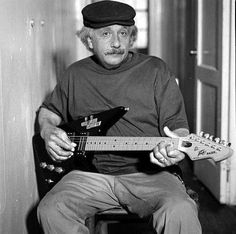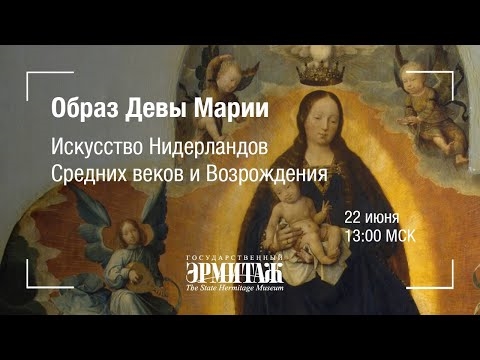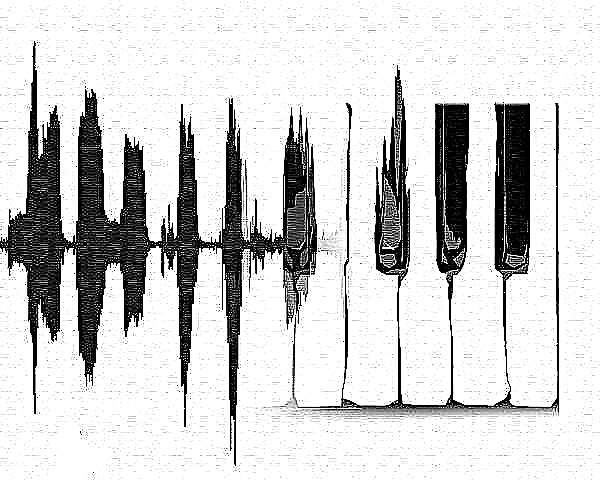1878 haberdashery shop "Ya. Mintzel and son ”is led by clerk Ignacy Zhecki - a lonely, grouchy, crystal-honest old man who has worked in the company for forty years; he is an ardent Bonapartist, in 1848-1849. He fought for the freedom of Hungary and is still faithful to the heroic ideals of his youth; and he also adores his friend and master Stanislav Vokulsky, whom he knew as a boy. Vokulsky served sexually in a tavern, and at night sat over books; everyone made fun of him, but he nevertheless went to university, but for participation in the national liberation struggle he was exiled to Irkutsk, again engaged in physics, returned to an almost established scientist, but in Warsaw no one took him to work, and so that he wouldn’t starve to death, he married Malgojate Mintzel, passionately in love with him, a middle-aged but attractive widow of the store owner. Not wanting to be accused of eating his bread for nothing, Vokulsky goes headlong into the trade - and the store triples its turnover. Former friends despise Vokulsky for getting rich, forgetting about the heroic ideals of his youth. But four years later, Malgozhata dies, and the forty-five-year-old Vokulsky, having abandoned the store, sits down again at the books. He would soon become a great scientist - but when he once saw the twenty-five-year-old beautiful aristocrat Isabella Lentskaya in the theater, he falls in love with madness and goes to the Russian-Turkish war, where he makes a huge fortune with the help of the Russian merchant Suzin, whom he made friends with in Irkutsk. toss him at Isabella's feet.
Isabella, a tall, slender girl with ashen hair and amazingly beautiful eyes, sincerely considers herself a goddess who has descended to earth. Having spent her whole life in the artificial world of luxurious high-saloon salons, whose inhabitants deeply despise everyone who is not an aristocrat by birth, Isabella looks with compassion and apprehension at people from another, "lower" world. But her father, the fat, gray-haired gentleman Tomasz Lenzki, having finally gotten so busy, is forced to leave the European yards, settle down with his daughter in Warsaw and is now discussing his proximity to the people. Noble friends turn away from the ruined Lentsky, and wealthy old people get married to Isabella's daughters-in-law. However, she never loved anyone in her life ... The girl yearns for a high-class life, but begins to despise the inhabitants of the living rooms: how could these people turn away from her, so beautiful and sophisticated, because of some money!
Vokulsky is going to create a society for trade with the East. In an effort to approach Isabella, he calls Lenzky to companions: in this way the old man will quickly become rich. He, despising Vokulsky's "merchant", is ready to use it without a twinge of conscience. And Vokulsky secretly buys bills of Pan Tomash and captivates his sister-countess, Aunt Isabella, with generous donations to the poor (the countess inspires charity with inspiration). But Isabella despises and fears this huge strong man with red hands frostbitten in Siberia.
But Vokulsky thinks of the Polish aristocracy - a frozen caste, which “by its own deadness fetters all movement that comes from below.” He and Isabella are creatures of a different breed. And yet he cannot give up his beloved! His soul, tormented by pain, suddenly burst open - and he sees the suffering of thousands of poor people. But how to help them all ?!
The countess invites Vokulsky to her. In her mansion, he is timid and lost, and noble loafers look with contempt at the merchant. But soon the prince sits down to Vokulsky. As a true celestial, he looks sympathetically at ordinary people, mourns the fate of an unhappy homeland - but has not done anything useful in his entire life. Now the prince, completely unaware of commerce, wants to enter, together with other aristocrats, in the Society for Trade with Russia. They will make a profit - and no one will say that the nobility sits idly by. Seeing how kind the prince is with Vokulsky, the countess's guests decide: there is something in this merchant! Now they look at him with cautious admiration, as at a beautiful wild beast.
Vokulsky thinks only of Isabella. In an effort to enter her circle, he rents a luxurious apartment, buys a carriage and horses, eschews merchants who cannot forgive him for this. At the same time, he helps several poor people to stand up, and soon opens a new luxury store. All manufacturers and merchants shout that Vokulsky is not a patriot. Selling cheap Russian goods, he ruins the domestic industry! But he himself believes that supplying customers with inexpensive good-quality things and thereby destroying the monopoly of greedy manufacturers (by the way, mainly Germans) is a completely patriotic thing.
“In Vokulsky two people are combined: a romantic of the era of the 1850s and a positivist of the 1870s. People like him either subordinate everything to themselves or, upon encountering an insurmountable obstacle, break their head, ”says the wise Dr. Schumann.
Vokulsky is tearing Lensky’s bills, hoping that his beloved will someday appreciate his nobility. To help Isabella, he secretly buys an ugly and neglected apartment building belonging to her family for ninety thousand, the price of which is sixty thousand. The intermediary lawyer is outraged by this stupidity: a dowager — Isabella can marry the merchant of Vokulsky, but Isabella with money never! However, Vokulsky stands his ground: he cannot hunt Isabella to drive her into a corner!
Soon Vokulsky challenges Baron Kshesovsky, who insulted Isabella, to a duel. Happy with her affectionate smile, Vokulsky firmly decides to throw the corpse of a villain at the beauty's legs. However, the case ends only with the baron’s knocked out tooth ... Seeing Vokulsky’s frenzy, everyone around suspects that he started some kind of ambitious speculation. Vokulsky is indignant: from childhood he lived like a bird in a cage, and now, when he has finally spread his wings, everyone rumbles at him, like domestic geese to a wild fellow soaring upward ...
But Isabella, seeing how aristocrats are curling around Vokulsky, finally notices what an outstanding person he is. His love flatters her. He could even become her husband ... The worst misfortunes happen to people ... But, to beloved - never! On the eve of the duel, Isabella was filled with tears, pitying her faithful slave, but realizing that the Almighty could not leave alive a man who had insulted Panna Lensky with his help. However, soon the beauty is already dreaming about how this millionaire, who loves her perfect love, will find her a worthy husband, and then, after many years, shoot herself at her grave ... And, meeting with Vokulsky, Isabella looks at him with such tenderness that he, having lost his head in happiness, begs his beloved to allow him to be her slave. “Avoid females of a different breed - the voice of the wise Dr. Schumann sounds in his ears. After all, Vokulsky really cannot forbid Isabella to love the one who matches her - the respect for personal freedom in Vokulsky is so great that even his madness humbles himself before him.
A cheerful, slender, dark-skinned, slightly bald rake and a slacker Kazek Starsky returns to Poland from abroad. Aunt Isabella believes that this is a great party for a girl. In vain, Isabella refused him a couple of years ago. Of course, he squandered his fortune and was in debt ... But the godmother would leave something for him ...
Soon Starsky, noticeably distorting Polish speech, came to Isabella - and she accepted his impudent courtship. Seeing this, the offended and shocked Vokulsky coldly says goodbye and leaves for Paris. “Say mercy - a merchant, and so touchy!” - Lentsky is surprised, having already managed to beg Vokulsky a lot of money “for future profits”.
Having led Vokulsky, the old man Schumann vilifies modern civilization, erecting so many barriers between a man and a woman. But Zhetsky, worried about Vokulsky, begins to suspect that he is a victim of public injustice. All his life he climbed painfully upwards - and how much useful he would have done if he had not been disturbed!
In Paris, "dear Stanislav Petrovich" joyfully greets the bearded giant Suzin. Vokulsky helps him conclude some very profitable deals, from which he himself receives a considerable percentage, and wanders around Paris, thinking about his life. He always strove for the unattainable ... Professor Geist comes to Vokulsky, who is looking for money for his research. He is considered a madman, but he claims that he is about to receive metal lighter than air and will change the whole world. Vokulsky rejoices: this is a matter worth devoting life to! So what to choose: labor and glory - or love burning to the ground? Here comes a letter from the patronizing Vokulsky old aristocrat Zaslavskaya, who once loved his uncle. Now the kind old woman reports that Isabella, hearing the name of Vokulsky, turned red ... And Vokulsky rushes to Poland, to the Zaslavskaya estate. Here Vokulsky meets the young handsome inventor Okhotsky, whom he sincerely admires. The heart of this young man is given to science, but he considers women only an obstacle in his work. Even in Zaslawek, a young widow, the beautiful Vonsovskaya, is visiting, bored for the sake of changing fans, like gloves, and the godson of the mistress Starsky, who drags after all the women in a row. His affairs are bad: the godmother decided to bequeath his estate, the rich man Vonsovskaya did not want to marry him, but he completely squandered and, thinking about marrying Isabella, was looking for a wealthy wife.
Vonsovskaya likes Vokulsky, but she does not succeed in seducing him, and she angrily declares that all men are scoundrels: first they force pure girls to become cold coquettes, and then despise them for it ...
Zaslavskaya, knowing about the feelings of Vokulsky, invites Isabella to Zaslawek. Tu left even one of the elderly grooms who fell in love with a young relative of Zaslavskaya. Isabella is shocked: so she can be abandoned for the sake of another woman ?! The beauty leaves the ground under her feet, and Isabella begins to think about marriage with Vokulsky. He begs to recognize his human rights and judge him by his actions, and not by his titles. Strength and labor are the only privileges in this world. At the ruins of Zaslavsky castle, Vokulsky falls to his knees in front of Isabella, and she does not reject him. Happy Vokulsky is ready to die, blessing his beloved.
Through the efforts of Zhetsky, Vokulsky, returning to Warsaw, begins to drop by the kind and charming Elena Stavskaya; she was abandoned by her husband, and now she is giving lessons, containing an old mother and a small charming daughter. Exhausted by love for Isabella, Vokulsky finds healing rest in the company of Helena. She gave Vokulsky her heart a long time ago. Well, why did he fall in love with Isabella, and not Helena, the old man Zhetsky laments himself, idolizing the "angel of kindness" Stavskaya. And Vokulsky, in order not to scare off Isabella, is selling his store. Zhetsky in despair. Isabella, having made Vokulsky jealous enough, admires his blindness and meekness - and agrees to marry him. His love turns into ecstasy. Unable to part with Isabella even for a day, Vokulsky does not even go to Zaslavskaya’s funeral.
But soon Lentsky and Vokulsky set off for Krakow, taking Starsky with them. Considering that Vokulsky does not know English, Isabella and Starsky talk in this language, speaking with contempt about Vokulsky. Starsky brazenly takes care of Isabella, claiming that women like his cynicism much more than the worship of men like Vokulsky. Shocked Vokulsky at the first station jumps out of the car and rushes under the train. But the switchman - one of the poor people blessed by Vokulsky - saves him. At the moment when it seemed that everyone had betrayed Vokulsky, the earth, a simple man and God remained with him.
Returning to Warsaw, Vokulsky falls into deep apathy and completely retires. “Torn from greed,” the merchants say. Zhetsky begs him to marry Mrs. Stavskaya, but is Vokulsky, having become a spiritual ruin, able to give her happiness? Soon he realizes that it’s stupid to be angry with Isabella and Starsky: they are a natural product of their environment. Vokulsky’s life is now aimless and empty. He still loves Isabella - but he won’t return to her! Offended human dignity is not a joke!
Soon Vokulsky was leaving — no one knew where, and possibly forever. Old Zhetsky does not want to live anymore: the world is getting worse and meaner ... Pani Stavskaya is getting married to a cute and dexterous businessman, former clerk of Vokulsky. And Isabella got a new admirer to ride with him to Zaslavsky castle and yearn for Vokulsky there. But the fan was quickly tired of it, and he abandoned her, and the old rich groom broke off the engagement and left for Lithuania. Isabella threw a tantrum, and pan Lentsky died of chagrin. “And she is a good person, she just has absolutely nothing to do, so flirting has become the meaning of her existence,” remarks Okhotsky. - And Vokulsky is from a breed of people who are eager for great goals and ambitious work. It is such madmen who created civilization. ”
The notary announces the gift of Vokulsky: 140 thousand to Okhotsky, 25 to Zhetsky and 20 to the little daughter of Mrs. Stavskaya. The rest is poor, in fact it is a testament.
And then rumors reach Zhetsky that Vokulsky blew up the Zaslavsky castle, against the walls of which Isabella spoke of love. Schumann believes that Vokulsky himself died under the rubble: the present world is not for romantics. Zhetsky laughs: Vokulsky just dared the castle from the face of the earth, as others swept love souvenirs off the shelf. By the way, they say that Isabella goes to the monastery. It will apparently flirt with the Lord God.
Soon, shocked Zhetsky discovers that they are not trusted in the store: he is unable to part with the company to which he gave his whole life, the old man is now working for free, and this is suspicious. And the last romantic Zhetsky dies. Inspirational inventor Okhotsky forever goes abroad. “Who will stay?” - asks Schuman. "We!" - rogue businessmen respond in unison.

